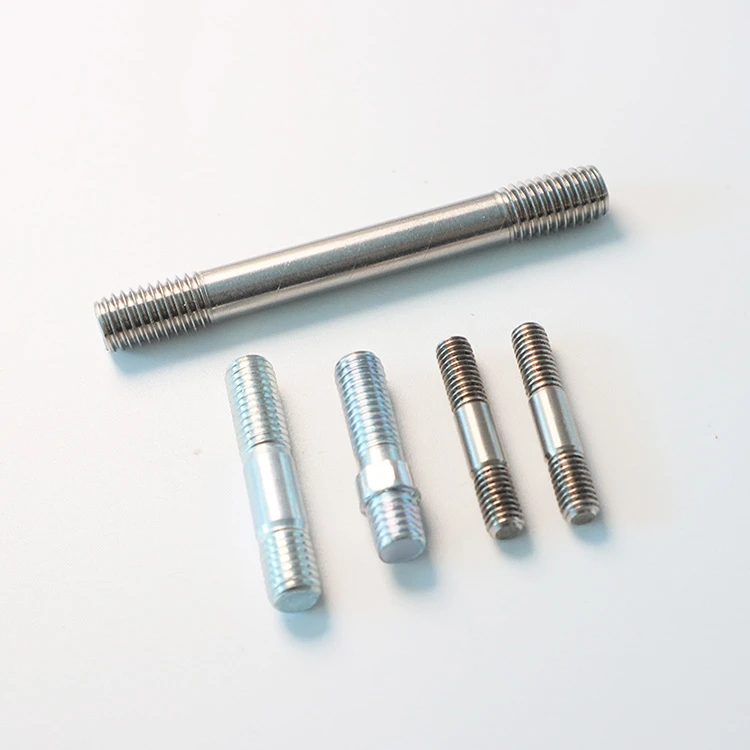In the world of fasteners, stud bolts play a critical role in ensuring structural integrity across various industries, from construction to oil and gas pipelines. This article delves into the specifics of a stud bolt with a 0.75″ diameter, 135mm length, UNC (Unified National Coarse) threading, and compliance with ASME B18.31.2 and ASTM A193 standards.
What is a Stud Bolt?
A stud bolt is a type of threaded fastener without a head, typically having threads at both ends or across its entire body. Unlike regular bolts, stud bolts are primarily used where a bolt head would be inaccessible or impractical. They are designed to attach objects or flanges securely.

Specifications Breakdown:
- 0.75″ UNC: This refers to the diameter (0.75 inches) and thread type (Unified National Coarse). UNC threads are coarser than UNF (Unified National Fine) threads, which makes them ideal for applications requiring quicker assembly, enhanced resistance to wear, and the ability to withstand dynamic loads.
- L=135mm: This is the length of the stud bolt, measuring 135mm. The length is critical when determining its compatibility with specific components or joints.
- ASME B18.31.2: This American Society of Mechanical Engineers (ASME) standard defines the dimensional and tolerance requirements for stud bolts, ensuring they are manufactured uniformly and can be relied upon for industrial use.
- ASTM A193: This is a widely accepted specification for alloy and stainless steel fasteners designed for high-temperature or high-pressure environments, such as chemical and petrochemical industries. Grade B7, which is often associated with ASTM A193, indicates high tensile strength, ideal for use in flanged joints and extreme operating conditions.
Applications
Stud bolts that comply with these standards are widely used in industries requiring secure connections in harsh environments. They are commonly found in:
- Pressure vessels: Where high-temperature and high-pressure environments demand fasteners that won’t deform or lose strength over time.
- Pipeline construction: Especially in oil and gas, where connections between flanges must remain leak-proof.
- Chemical processing plants: Stud bolts need to withstand corrosive environments and maintain their structural integrity.
Conclusion
This 0.75″ UNC L=135mm stud bolt meeting ASME B18.31.2 and ASTM A193 specifications is a robust and reliable fastener suited for critical applications. Its ability to withstand high pressure, temperature, and dynamic loads makes it indispensable for industries like oil, gas, and chemical processing. When sourcing these fasteners, ensure they are made by certified manufacturers to guarantee compliance with these stringent standards.